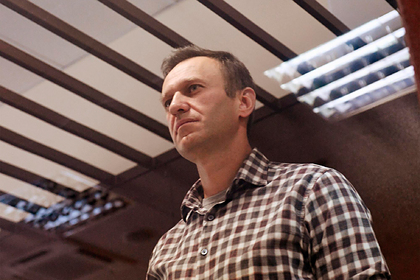
Alexey Navalny
The United States plans to impose sanctions against Russia in connection with the situation around Alexei Navalny ( founder of the Anti-Corruption Fund, included by the Ministry of Justice in the register of organizations performing the functions of a foreign agent ) as early as Tuesday, March 2. Details of the imposition of restrictions on Moscow were disclosed by two sources to Reuters.
The sanctions are expected to be imposed in accordance with two decrees. One of them was signed in 2014, after Crimea became part of Russia. The second decree was approved in 2005 as part of the fight against the proliferation of weapons of mass destruction. The restrictions will also be introduced in accordance with the 1991 Chemical Weapons Control Act.
On the eve of the White House representatives told CNN that the administration of US President Joe Biden is preparing to impose sanctions against Russia. Officials said this would be done in consultation with the European Union (EU). It was noted that the measures and timing will be clarified by US and EU officials in the coming days. Presumably, the sanctions will affect both individuals and legal entities.
On Monday, March 1, the ambassadors of the 27 EU member states agreed on sanctions over the Navalny case: those associated with his conviction will be subject to them. On February 22, the Council of the European Union decided to impose sanctions against Russian citizens related to the conviction of Navalny. After that, the head of EU diplomacy, Josep Borrell, said that Brussels would prepare new sanctions against Moscow within a week.
Russia has promised to respond to EU sanctions. According to Deputy Foreign Minister Alexander Grushko, they are “illegal and dead-end way” of interaction with Moscow. He stressed that there will be a reaction, but did not specify which one.
In early February, the Simonovsky Court of Moscow replaced Navalny's suspended sentence with a real one for violating the conditions for observing the probationary period in the Yves Rocher case. The UFSIN asked to appoint him a sentence of imprisonment in a colony for a period of 3.5 years. Navalny was charged with 60 violations of public order after a suspended sentence and given him 2 years 8 months in prison, taking into account the year spent under house arrest during the preliminary investigation in the Yves Rocher case. Later, his sentence was reduced; he will spend 2 years and 6 months in the colony.

